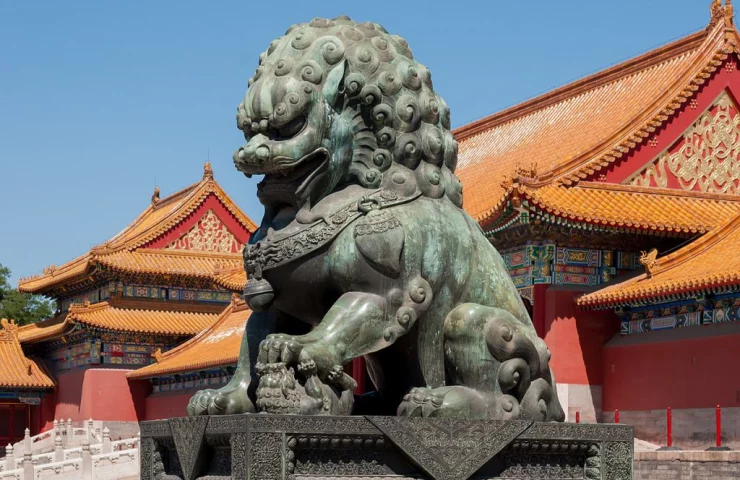China's latest attempt to wrest control of rising iron ore prices is a plan to force global suppliers to negotiate sales to the world's largest market through a centralized platform.
According to people familiar with the matter, Beijing wants all purchases of materials for steel production to be made through a single state-supported platform, which is under preparation. Currently, Chinese enterprises, including steel mills, can independently negotiate spot purchases.
The plan aims to stabilize steel production over the long term and is part of a broader focus on increasing China's influence on commodity prices, the sources say. The spot market for iron ore is relatively small, but prices determine how much steel mills pay on long-term contracts.
China produces more than half of the world's steel, and its iron ore imports totaled nearly $180 billion last year. Its steel industry has long complained about the price power it says is held by a handful of giant international mining companies. The authorities are also looking to curb inflation as Beijing introduces stimulus measures in 2022 that could reset steel demand.
China's National Development and Reform Commission did not immediately respond to a faxed request for comment.
The latest offerings add to the flurry of action and announcements that last week wiped out a massive iron ore rally since mid-November. Authorities held a series of meetings with traders, culminating in Thursday's meeting in which the world's major commodity companies were asked to cut inventories and cooperate in investigating possible "illegal" activity.
The price of iron ore is highly dependent on daily spot market estimates from third party agencies, including S&P Global Platts. Long-term contracts, which cover the vast majority of deliveries, are based on average spot prices over agreed time periods, such as monthly or quarterly.
High stakes
This regime replaced a high-stakes annual price negotiation system that collapsed in 2010 due to pressure from overseas iron ore miners. In December 2020, with prices also rising ahead of a government stimulus package, China's steel mills said the pricing mechanism had failed.
Centralized negotiations are by no means unprecedented for Chinese procurement. For example, a group of leading copper smelters in China collectively agree on a price for the annual supply of raw materials.




